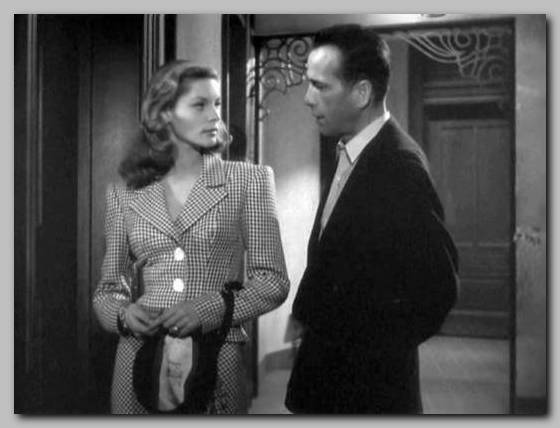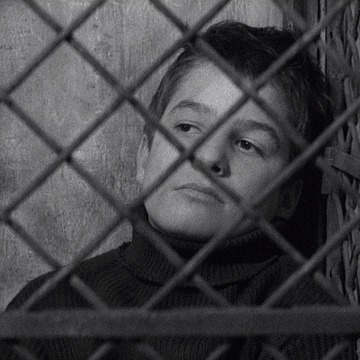RAIN SONG
The woods are full of men with umbrellas –
the butcher from Roy’s Market, the mechanic
who fixed my car – they are looking for you.
They heard of a woman lying naked in the fields:
that was you. For days you lay in the north pasture
to encourage spring, as the sun touched your thighs,
your belly and breasts, and was at last so
disconcerted that the sky clouded over
and the president of rain took you for his wife.
You wore blue to the wedding; even the crows sang.
Now, hurrying through the trees, the black umbrellas
do not realize that it is you dripping from juniper
and birch, forming puddles, then rivulets and
running downhill to the river flowing through town.
The people of Peterborough bathe in your body.
They drink glass after glass and say they feel better.
They smash their televisions and prepare to go dancing.
The fat town clerk and tax consultant, legions
of Republicans removing their clothes, baton twirlers
and firemen’s band – all march naked through the street,
banging cymbals and drums as you touch them,
blowing their horns as you run down their backs,
tumbling at last into lascivious piles on this
rainy Sunday they will long remember but which you
have already forgotten as you flow down to the sea
into the stories of sailors and promiscuous fish,
and past that small promontory where I stand,
body greased and waiting for the long swim.
STEPHEN DOBYNS
from Heat Death (New York: Atheneum, 1980).
See also: Velocities: New and Selected Poems: 1966-1992 (Penguin, 1994).
We’ve been speaking of loss, and in particular of the loss of love, heartbreak, the end of a relationship, so this may seem like a real shift in tone: a poem about love. A love poem, in fact.
Of course there is obviously an intimate (no pun intended) connection between love and heartbreak—one requires the other. But beyond the truism that you can only have your heart broken if you are in love (or as Neil Young put it, only love can break your heart), there is a somewhat deeper and more compelling connection: you can only fall in love if you are ready to have your heart broken. Opening yourself to love requires that you open yourself to loss.
But as to the poem…
I discussed another poem by Dobyns from this same volume earlier, and the two make an interesting pair. Where “Oatmeal” said no, no to a woman who wanted a relationship, “Rain Song” is a big yes.
Yes to love, yes to sex, yes to the possibilities of life, and yes to the pleasures of smart and sexy poetry—yes I said yes I will Yes
I love the pacing of this poem:
The woods are full of men with umbrellas –
the butcher from Roy’s Market, the mechanic
who fixed my car – they are looking for you.
They heard of a woman lying naked in the fields:
that was you.
At the end of each of these two sentences, the bit about it being her/you brings a fairly emphatic stop to the flow. They are declarative sentences, complete and final—and powerfully direct, declamatory as much as declarative. They start us out in a very direct, prosaic way.
Then we get this big, scrumptious, sexy pudding that follows as he describes her lying naked in the field “as the sun touched your thighs / your belly and breasts.” In the beginning, we might have been in a fairly quotidian realm. Women do after all lie naked in fields in the real world, though perhaps not as often as we might like. But with that pudding of a sentence that follows, that ends with the “president of rain” taking her for his wife, we are clearly in the realm of myth, myths of fertility and spring. But crucially not the darker myth of Persephone, trapped into her marriage with Hades. The president of rain sounds like a much better catch.
And the poem gets wilder after that. The Dionysian orgy that follows and comprises the bulk of the poem, as the woman becomes one with the rain and washes over the town, still has a mythic quality, but in the details—wearing blue to the wedding, the black umbrellas, the crows who sing—it also has, for me at least, a magical realist quality. The whole extended passage calls to mind Gabriel Garcia Marquez in his happier moments.
This passage is liquid. It’s really the best word for it. Beyond the obvious liquid content, it drips, then collects then flows through the poem.
It’s an easy thing to praise, but much, much harder to do, this marrying of form and content. Finding a diction, punctuation and rhythm that instantiates the moments and qualities you are trying to convey, a kind of objective correlative. Emily Dickinson is one of the great masters of this, which is why she is the mother of so much that is great in American poetry. In Dickinson, though, this melding of form and content is usually precise, fine-grained, and devastating. She does it best, and most often, when what is at stake is hard and painful, and punctuation is the main weapon she wields when she goes for blood in this way.
In “Rain Song,” Dobyns achieves that marrying of form and content through rhythm more generally—through flow, appropriately enough, since he’s describing a spring rain storm. The drips becoming rivulets, conjoining and flowing, people splashing in the puddles. It’s all there. Look at the last half of the poem—it’s one long burbling brook of sentence, beginning with the fat town clerk and running all the way down to the sea.
You already know I’m a sappy sentimentalist. I have almost no critical distance on this poem. Is it a great poem? Well, what is a great poem? It’s not as great as, say, Elizabeth Bishop’s “One Art,” but what does that mean anyway? I discovered this poem during the early days of the first real love of my life. And of course I gave it to that love, who fortunately shared both my sappiness and my love of poetry—shared it with her, bathed in it with her, and it is forever bound up in my mind with being in my 20s and finally understanding what all the fuss was about. Not sex, I’d learned about that already, but love.
I’m not such a sappy sentimentalist, though, that this poem has remained forever bound up with that time, and that relationship. I’ve shared it since with other women I’ve loved—and I encourage you to do the same—because it is just such a sexy love poem.
And it knows about love, is smart about love. The last line—”body greased and waiting for the long swim”—is so great, not just for its sexy extension of the “woman as water” shtick that runs (no pun intended) through the poem. What really makes that last line a knockout is the twist, the new element it brings into the poem.
Love has been fun and, let’s be honest, a bit goofy up to now, but when he says “waiting for the long swim,” it is suddenly serious, dangerous and scary even – out at sea, the dark of deep water, the unknown below the surface. That’s a real twist, and a moment of greatness. Dobyns sweeps you up in the pleasure of his language and the goofy magical realist imagery, but at the end he reminds you of how deep, serious and powerful love really is. It’s there in the drawn out rhythm—a marrying of form and content, again, with the line being a “long swim” rather an iambic splash. It’s there in the image of a long swim, and swimming alone out to sea. It’s really something.
Filed under: Poetry, love







